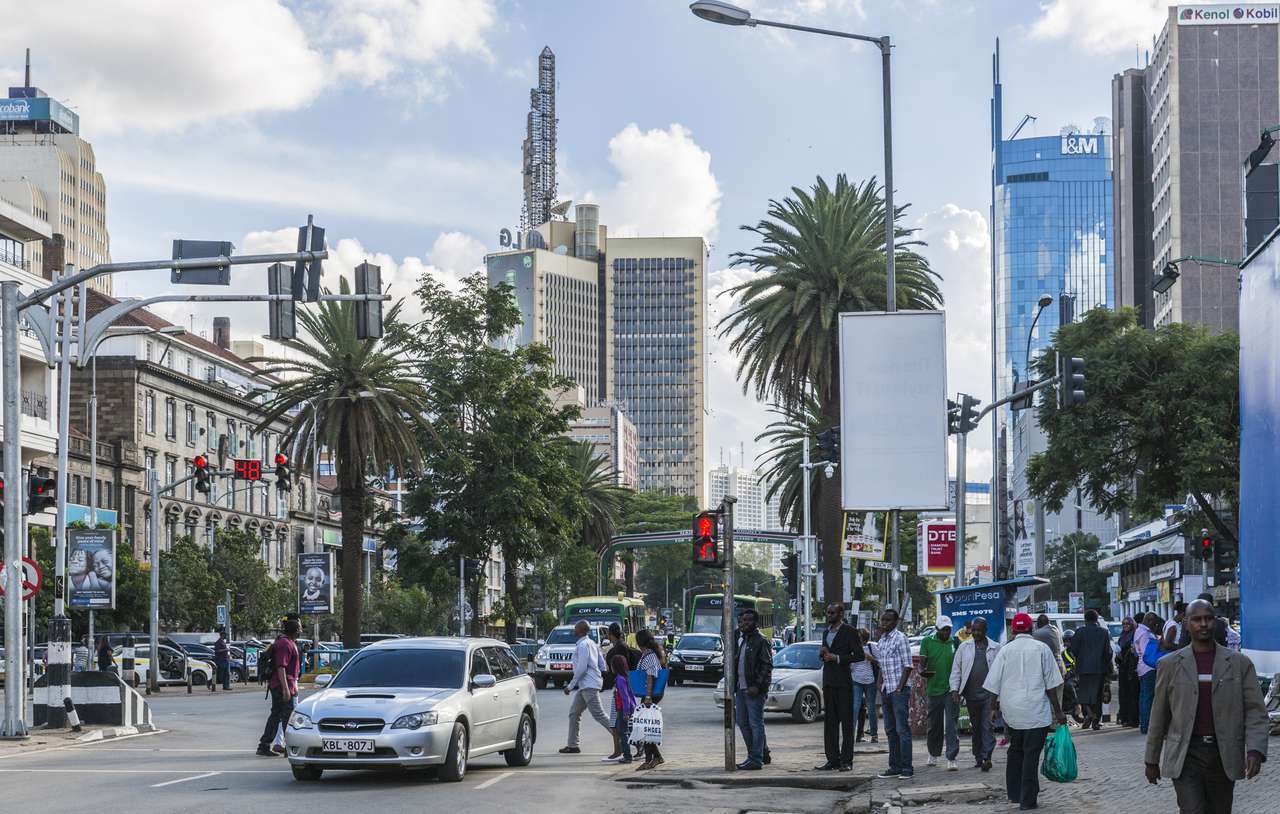The cost of living in Kenya refers to the expenses incurred by an individual to live up to their living standards.
Your cost of living is weighed in terms of how much you pay for rent, food, gas, clothing, transport, medical expenses, and any other expenses that you incur to ensure a comfortable life.
It’s also a way of you comparing living expenses in different regions over a given period.
Note that the cost of living differs from one household to the other, depending on what they consider as their daily expenses.
A good example could be on the gas. A person driving a Mercedes Benz will incur more cost in terms of fueling than a Prius.
The cost of living in Kenya follows this principal too. To some, it is very high to others; it is low depending on how much you earn and where you live.
Therefore the cost of living is just for comparison purposes. This article seeks to look at the expense of living in Kenya as compared to other countries in Africa and the world.
How The Cost Of Living in Kenya is calculated
As stated above, the cost of living is dependent on the individual’s lifestyle.
As an individual, you have your insight on what it will cost to live in your neighborhood, eat the kind of food that you eat, or even drive your type of car.
Therefore the cost of living can be calculated by taking the prices of goods and services that an individual consumes in a year.
Picture this, a pair of shoes may be costly compared to the cost of food at the time of buying, but after one year, you realize that the price of food becomes higher than that of the shoe.
Currently, in Kenya, facilities like comfort home’s private health care and international schools have made the cost of living in Kenya to blow up, making it hard for an ordinary Kenyan to enjoy such amenities.
Although this lavish lifestyle depends on your income, the ordinary citizen has to be considered.
The Cost-of-Living in Kenya in Terms of Basic Wants
Knowing the cost of living in Kenya compared to other countries helps you to see if are be able to afford the lifestyle in a foreign country.
On the other hand, it also helps ex-pats who are moving to Kenya to know if they can afford to live in Kenya. The price of living there lifestyles like they were still at home.
Compared to African countries, Kenya’s cost of living is higher. The cost of living in Kenya is higher than in 70% of African countries.
On the other hand, it is cheaper by 63% compared to other countries in the world.
The cost of living in Kenya compared to developed countries is cheaper compared to underdeveloped countries.
Therefore for an individual coming from America, life in Kenya is cheap, while for that coming from neighboring Uganda can find life in Kenya very expensive.
The cost of Basic Commodities In Kenya
The supply of cash in Kenya is rising faster than the number of goods and services. All this is caused by inflation. Inflation is the steady increase in prices with no sign of going down.
On the other hand, oil prices, corruption, and monopoly have aided in the high cost of living in Kenya.
Let us take a look at the cost of basic needs like is food, shelter, and other needs in Kenya.
1. Shelter
When you think of living in Kenya, the first thing that comes to mind is where to stay. What’s the cost of comfortable housing? Bear in mind that real estate in Kenya increases day and night, so is the price for rent.
So for you to live in an excellent apartment in an upmarket neighborhood, you have to part ways with $ 1500 to $2000 per month.
If you are to live in the middle-class group, you need $350 to $ 700 per month.
Below that you end up in the slums or the streets
The main reason why the cost of accommodation is skyrocketing is the increase of population in urban centers.
2. Food
Despite Kenya being an agricultural country, the cost of food remains inflated.
This is despite the signing into law, a rule that allows the Government to regulate the prices of basic needs.
The law was signed in 2011 by His Excellency Mwai Kibaki so it can protect Kenyans from the high cost of living.
Commodities such as petrol, maize sugar, paraffin, and cooking oil prices were to be regulated by the Government.
3. Transport expenses
Most Kenyans do not own a car; therefore, they use public means to travel. This sets them back $2 to $10 a day, depending on the distance covered.
Those who use private means
have to part ways with $15 to $25 a day.
The prices of fuel in Kenya keep going up due to the fluctuation in the exchange rate of the US dollar to the Kenyan Shilling.
4. Miscellaneous expenses
There are those other expenses that you have every month. Expenses such as medical bills, electricity and water bills, wear and tear, and other costs.
For such, you need to have an extra amount to cover them when and if they arise.
Lower than that means that you are in danger.
Final Thoughts On the Cost Of Living In Kenya
Until the issue of inflation is dealt with, Kenya and Kenyans will continue to experience a high cost of living.
As for the individuals who plan on moving to Kenya, this article will help you compare the prices in Kenya to your home hence help you make an informed decision.
You will be aware of how much you need, for example, to get accommodation or the cost of traveling around.








